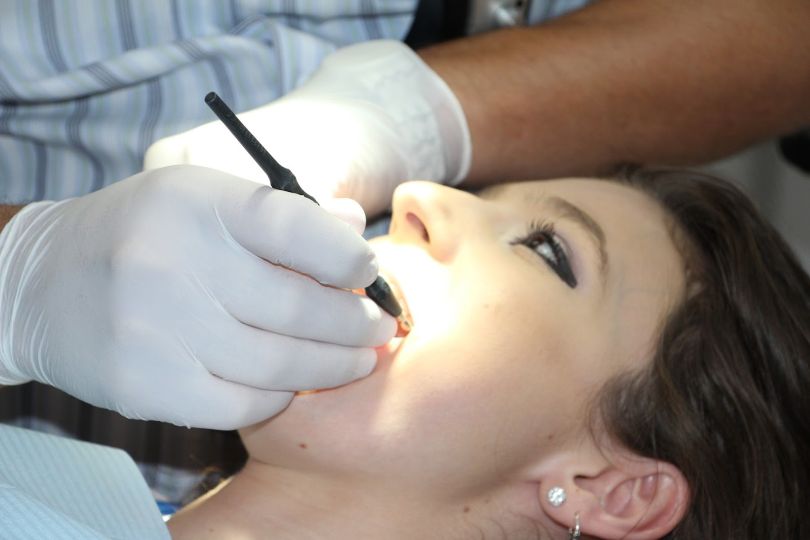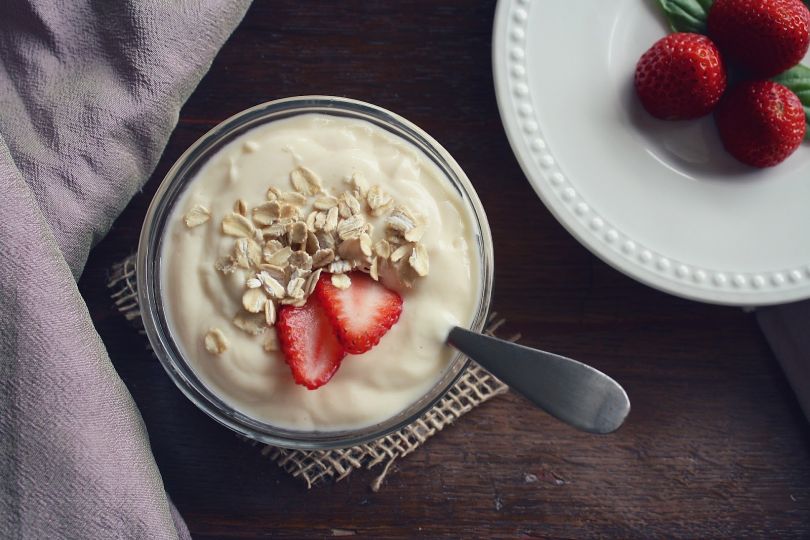The Importance Of Oral Hygiene: Top Tips For A Healthy Smile

Maintaining good oral hygiene is crucial for overall health and well-being. Neglecting oral care can lead to a host of dental problems, such as cavities, gum disease, bad breath, and even tooth loss. Also, poor oral health has been linked to several systemic health issues, such as heart disease, diabetes, and even some cancers. Establishing a consistent oral hygiene routine is important to keep your teeth and gums healthy and your smile bright. In this blog post, we will share top tips for achieving a healthy smile. Let’s get started.
See a Dentist At Least Twice a Year
One of the most important steps in maintaining good oral hygiene is to see a dentist regularly. For instance, you can visit North Sydney dental care for a general checkup and professional cleaning. During the appointment, your dentist will examine your teeth, gums, and oral tissues for any signs of infection or disease. Dentists can detect and treat dental problems in their early stages before they become more serious and expensive to treat.
Dentists can also provide guidance on proper brushing and flossing techniques, recommend products to use at home, and identify any potential issues that may require further treatment. Regular dental visits can help ensure a healthy smile for years to come.
Brush Your Teeth Every Day
Brushing your teeth every day is a fundamental part of maintaining good oral hygiene. You should brush your teeth twice a day for at least two minutes each time. Brushing helps to remove plaque, bacteria, and food particles that can accumulate on your teeth and gums throughout the day.
When brushing, be sure to use fluoride toothpaste and a soft-bristled brush to avoid damaging your tooth enamel and gums. Additionally, make sure to brush all surfaces of your teeth, including the fronts, backs, and tops. Establishing a consistent brushing routine can help prevent cavities, gum disease, and other dental issues.
Make Flossing a Routine
Flossing is just as important as brushing to maintain good oral hygiene. Flossing helps to remove plaque and food particles from between your teeth and gums, where your toothbrush may not be able to reach. You should floss at least once a day, preferably before brushing your teeth.
To floss properly, use a piece of dental floss that is about 18 inches long, wrap it around your fingers, and gently slide it between each tooth, making sure to reach the gum line. By making flossing a routine, you can help prevent gum disease, tooth decay, and bad breath.
Use Mouthwash
Using mouthwash as part of your daily oral hygiene routine can help to kill bacteria and freshen your breath. Mouthwash contains antiseptic properties that can help to prevent and treat gum disease and cavities. It can also reach areas in your mouth that may be missed by brushing and flossing.
Simply rinse your mouth with the recommended amount of mouthwash for the instructed time, then spit it out. It is important to note that mouthwash should not be used as a substitute for brushing and flossing but rather as a supplement to your regular oral care routine. Be sure to choose an alcohol-free mouthwash recommended by your dentist.
Limit Sugar Intake
Limiting your sugar intake is important not just for overall health but also for good oral hygiene. Consuming sugary foods and drinks can lead to tooth decay, as the bacteria in your mouth feed on the sugar and produce acid that can erode your tooth enamel.
Try to avoid sugary snacks and drinks, and opt for healthier alternatives like fruits, vegetables, and water. If you indulge in sugary foods or drinks, brush, and floss afterward to remove any lingering sugar and prevent cavities. By being mindful of your sugar intake, you can help maintain a healthy smile.
Maintain a Healthy Diet

Maintaining a healthy diet is not only important for your overall health but also for good oral hygiene. A diet rich in vitamins, minerals, and other essential nutrients can help strengthen your teeth and gums and protect against dental problems. Foods like dairy products, leafy greens, and lean proteins can provide the nutrients your teeth and gums need to stay healthy.
On the other hand, sugary and acidic foods and drinks can erode tooth enamel and contribute to dental problems. Therefore, limit your intake of sugary and acidic foods and drinks and opt for healthier options. Additionally, it’s important to drink plenty of water in order to stay hydrated and wash away food particles that may be stuck between your teeth.
Good oral hygiene is essential for maintaining a healthy and beautiful smile and overall health and well-being. By following the top tips outlined in this blog post, including regular dental visits, daily brushing and flossing, using mouthwash, limiting sugar intake, and maintaining a healthy diet, you can help prevent dental problems such as cavities, gum disease, and bad breath. Prioritizing oral hygiene as a part of your daily routine can lead to long-term benefits and a confident, healthy smile.
